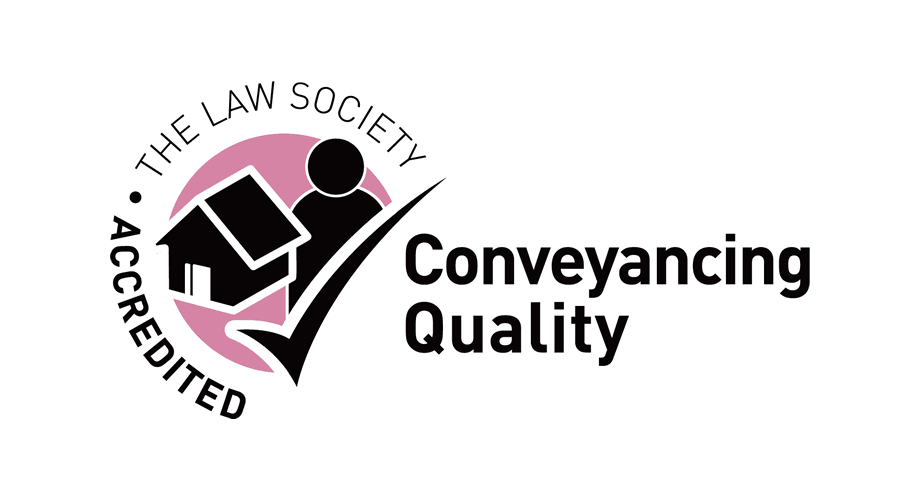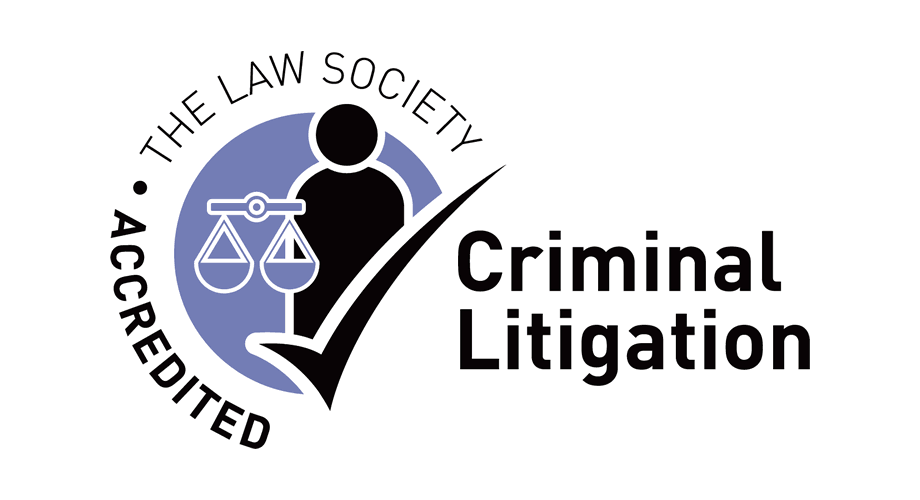0114 249 3222
01246 555 387
Buying a Property
How do you buy a property? Buying a property can be a daunting process but instructing a trusted independent solicitor or licensed conveyancer for your conveyancing may be the best decision you ever make, such as with Metcalfe David Eyres.
The process of buying a property usually takes about 8 weeks or more, depending upon how quickly different stages of the process are completed.
Finding a property
There are a number of ways that you can find the right property for you, including:
Freehold or leasehold?
A freehold property is where the land on which the property is built is included within the purchase and no ongoing extra fees will be payable to anyone for the use of the land.
By contrast, a leasehold property is where the land on which the property is built is not part of the purchase. In these circumstances, you will be required to pay ground rent to the owner of the land, who is called the freeholder. The length of time of the lease that is granted to you to allow you to live in the property can vary and you should always check that this is sufficient for any mortgage lender that you might be using. As well as paying ground rent, you might also have to pay an annual service charge which will cover maintenance and repair, cleaning of any common areas and looking after any grounds. This is usually applicable where you are buying a flat or an apartment.
The offer
Once you’ve found the property that you wish to purchase, you will need to make an offer to the seller, usually via an estate agent, or directly to the seller if the sale is private. This offer will be ‘subject to contract’ which means that you are at liberty to withdraw it if problems become apparent from the survey or during the contract stage. When your offer has been accepted by the seller, the legal process begins.
Need a mortgage?
If, like many people, you require financial assistance to buy a property, you’ll most likely look to obtain a mortgage. To do this you can speak directly to your bank, however they will usually only offer their own products, or you could use an independent mortgage broker, who will have access to a wide range of products to give you more chance of obtaining the best interest rate, which is the cost on a monthly basis of borrowing the money that you need.
You may have to pay a booking fee to reserve the mortgage product you want, often around £99.00 to £250.00, along with an arrangement fee, which could be as high as £2,000.00, being the amount you pay for the mortgage to actually be set up. Often you might not have to pay this straightaway and instead can ask for it to be added to your mortgage, however of course this means that you’ll pay interest on it.
Another standard fee to expect is the valuation fee, which pays for a survey of the property to be carried out on behalf of the lender providing the mortgage. This will check that the property’s value is sufficient for the mortgage amount. This can cost anywhere between £150.00 and £1,500.00, depending upon the value of the property and how detailed the survey is.
In terms of types of mortgages, there are essentially two, being repayment mortgages and interest-only mortgages.
With a repayment mortgage, the money borrowed is gradually repaid over a period of time. The loan is paid in monthly instalments together with interest. The amount of the loan which is repaid gradually increases over the years while the amount of interest goes down. In contrast, with an interest-only mortgage, only the interest on the loan is paid monthly which means that the amount you have borrowed initially will still have to be repaid in full at the end of the mortgage term.
Whatever method of ownership you decided upon, once you have purchased the property, the position will be confirmed to the Land Registry.
Buying with someone else
Instead of purchasing a property on your own, you might decide to buy it jointly with someone else, such as your husband, wife, civil partner, partner, relative or friend. If you buy your property with someone else, there are two ways in which you can actually own it, being:
If you hold the property as joint tenants, you will own the whole of the property jointly and must both agree and join in to any future sale of the property. If one of you were to die, the other would become entitled to the whole of the property in his or her own right and it would not pass to your children or family under your Will or on intestacy. This method is popular with married couples but may not be suitable if either of you has children from a previous relationship whom you would want to benefit under your Will. You may also prefer not to use this method if you are concerned about the impact of inheritance tax on your estates after death.
In contrast, where you decide to own the property as tenants in common, although called a “tenancy” this method of ownership is applicable to either freehold or leasehold land and enables you to divide the ownership of the property into distinct portions which can be left by Will or will pass on intestacy. For example, if one person contributes 60% of the purchase price of the property and the other 40%, it may be appropriate for the property to be held as tenants in common in the proportions of 60:40. Each party would then benefit proportionately from an increase in the value of the property (or share the same percentage of any decrease in value). Legally, you would both still own the property in its entirety and would both therefore need to agree to and join into any future sale. This method of holding the property can be appropriate in the following types of situation:
The legal process – The solicitor or licensed conveyancer
Once you’ve had your offer accepted, either before or after you’ve finalised your mortgage, you’ll need to contact a solicitor or licensed conveyancer to complete the legal process for you to actually purchase your property.
Your solicitor will:
At the point that you exchange contracts, you will usually be required to pay a deposit, often 10% of the purchase price, along with also arranging buildings insurance. Once exchange has taken place, both parties are committed to the sale. If you withdraw after you have exchanged contracts you will lose the deposit.
When you actually buy your property, known as the completion date, you will have to pay a number of things. The main thing will be the remaining amount that you owe for the purchase price, usually 90% depending on how much deposit you provided, which is transferred from your mortgage lender to your solicitor’s bank account and then onto the seller’s legal representative’s account. If you’re a cash buyer, you’ll need to pay the outstanding amount of the purchase price. You will also have your solicitor’s bill, stamp duty if your property purchase is high enough, which your solicitor will arrange for you, along with possibly removal fees.
As you can see, there’s a great deal to purchasing a property and you should always do your homework for every step, from finding the perfect house, flat or apartment for your circumstances, to ensuring that you obtain the right mortgage deal, to, most importantly, finding the best solicitor or licensed conveyancer, such as at Metcalfe David Eyres Sheffield or Chesterfield.
Looking to buy a property? We can help make it a smooth transaction. Get a conveyancing quote.
Selling a Property
How do you sell a property? Selling a property can be a daunting process but instructing a trusted independent legal advisor for your conveyancing may be the best decision you ever make, such as with Metcalfe David Eyres.
The process of selling a property usually takes about 8 weeks or more, depending upon how quickly different stages of the process are completed.
Marketing a property
There are a number of ways that you can sell your property, including:
Once you’ve decided to sell, think about the things that you want to include in the Sale. Normally, fixtures and fittings such as fitted wardrobes, integral kitchen white goods, etc. are included in the price but other moveable items can be up for negotiation too, such as furniture, curtains, light fittings, etc.
Get together useful documents and facts about your property, which will likely need to be passed along to the purchaser’s legal representatives, like:
The offer
Once you’ve found a purchaser and accepted their offer, either via an estate agent or directly from the purchaser if the sale is private, this offer is still ‘subject to contract’ which means that you are at liberty to change your mind and accept a higher offer if one comes along.
You must bear in mind though that likewise the buyer can withdraw at any time up until exchange of contracts due to a number of reasons, such as they are unable to obtain a mortgage, a structural issue arises in respect of your property or they simply change their mind. For this reason, if you’re selling the property privately yourself it’s a good idea to keep the names and addresses of all the potential buyers who make offers, in case the one you accept falls through.
If you have a Mortgage
The first thing to do is to find out how much your outstanding mortgage is and if there are any early redemption penalties or administration fees payable if you repay your mortgage. You’ll need to have a rough idea of how much your house is worth so that you can calculate how much money will be left after you have paid off the mortgage.
If you’re also buying a new home, you will need to consider what size mortgage you will need for that as well based on the amount that you will receive from the sale.
During the initial stages, the figures will likely be approximate only as you probably won’t know exactly how much you will ultimately sell your house for, plus you will only get an accurate redemption figure for your mortgage once you have an agreed completion date after you have exchanged contracts (see below).
The legal process – The solicitor or licensed conveyancer
Once you’ve accepted an offer, or possibly earlier when you’ve first marketed the property, you’ll need to contact a solicitor or licensed conveyancer to complete the legal process for you to actually sell your property. Your legal representative will only start work after you have a formal offer.
When you have instructed your solicitor or licensed conveyancer, you will be required to complete a number of questionnaires about the property and what you intend to include within the sale. These forms can include:
You must fill these forms out truthfully and to the best of your knowledge as if it later becomes apparent that you have not been fully truthful you could be required to pay compensation. Your solicitor or licensed conveyancer will use the information in the questionnaires to draw up a draft contract, documenting things like who is selling the property, who is buying it and how much the purchase price is. A contract package containing all of the relevant information will then be sent to the buyer’s legal representative for review.
It may be that the buyer’s legal representative asks a number of questions in response to the contract package and you should try to answer these as quickly as possible, with the help of your solicitor or licensed conveyancer. These are known as pre-contract enquiries.
Once all pre-contract enquiries have been satisfied, and you have signed the contract, the sale will move towards exchange of contracts. At this point the purchaser will usually be required to pay a deposit to your solicitor, often 10% of the purchase price. Once exchange has taken place, both parties are committed to the sale. If the buyer withdraws after contracts have been exchanged you will be allowed to keep the deposit. You should look to inform your fuel companies, such as gas and electricity, as well as your telephone company that you are selling the property and ask for final readings to be made of the meters on the day of completion. You should also inform your local council so that final calculations can be made in respect of council tax as well.
When you actually sell your property, known as completion, you must arrange to leave the house empty and to hand over all the keys, either via the estate agent or directly to the purchaser. Your solicitor or licensed conveyancer will receive the rest of the purchase price from the buyer and will provide this, together with the deposit, to you. You will also be required to pay a number of things. The main thing will be the remaining amount that you owe on any mortgage, which will be redeemed by your legal representative, usually by bank telegraphic transfer. You will also have any estate agents fee and your legal costs.
As you can see, there’s a great deal to selling a property and you should always do your homework for every step, from marketing the property effectively, to finding a genuine purchaser, to, most importantly, finding the best solicitor or licensed conveyancer such as at Metcalfe David Eyres Sheffield or Chesterfield.
Looking for a solicitor to assist you? Contact us today


